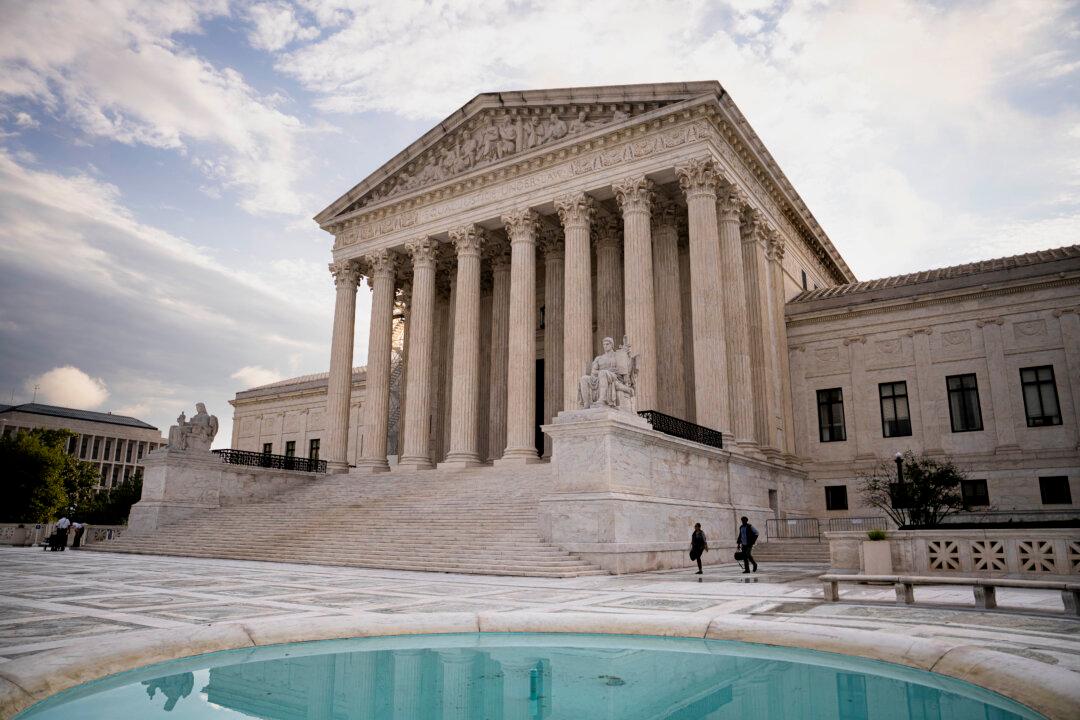As some institutions impose mandatory use of preferred pronouns and punish offenders who do not comply, there will be many cases filed regarding the issue, eventually leading to the U.S. Supreme Court intervening on the matter, according to a legal expert.
At present, there are a growing number of lawsuits on pronoun usage—with many of these related to K-12 public schools where teachers have been expelled for refusing to use such pronouns, Tyson Langhofer, a senior counsel at advocacy group Alliance Defending Freedom (ADF), said in an Aug. 13 interview with Washington Examiner. Several of the expelled teachers refused to use pronouns due to their religious beliefs which prohibit using non-binary identities for trans individuals.





